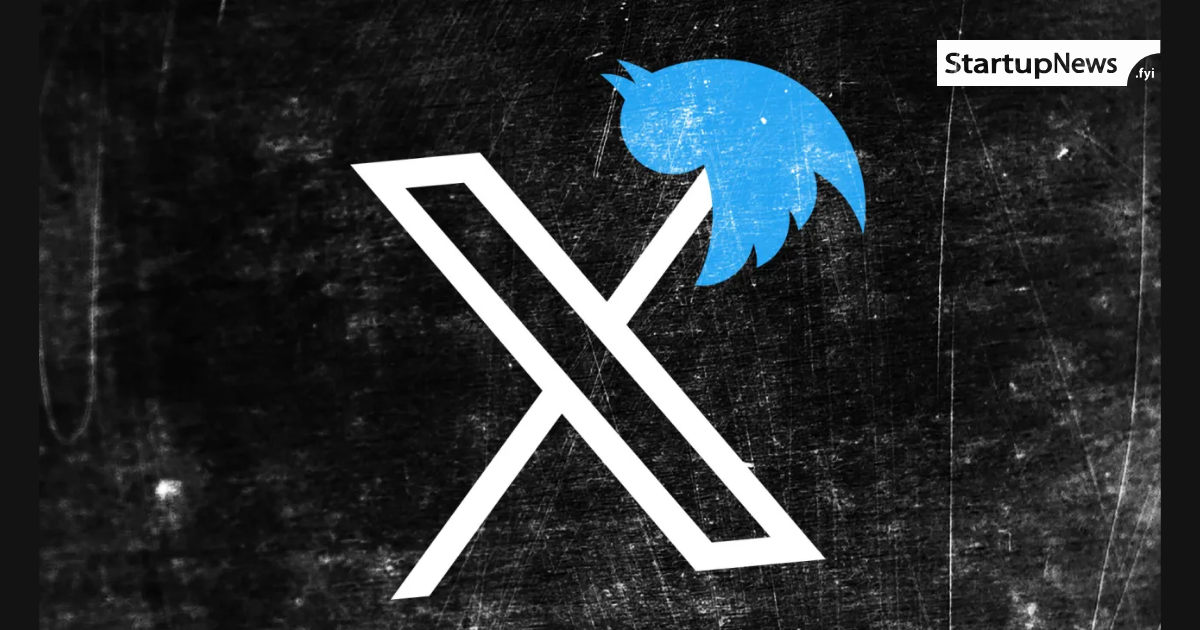Elon Musk, the prominent entrepreneur and owner of the platform formerly known as Twitter, now referred to as X, has declared his intention to file a defamation lawsuit against the Anti-Defamation League (ADL). Musk accuses the ADL, an organization dedicated to combating antisemitism, extremism, and bigotry, of falsely labeling him and X as antisemitic.
Elon Musk Defamation Claim
Elon Musk took to Twitter to announce his legal action, stating, “To clear our platform’s name on the matter of anti-Semitism, it looks like we have no choice but to file a defamation lawsuit against the Anti-Defamation League … oh the irony!” This move by Musk underscores his determination to refute accusations of antisemitism directed at both him and the platform he controls.
ADL and Declining U.S. Advertising Revenue for X
Musk did not stop at the defamation claim; he also attributed a decline in X’s U.S. advertising revenue to the pressure exerted by the ADL. According to Musk, “Our US advertising revenue is still down 60%, primarily due to pressure on advertisers by @ADL (that’s what advertisers tell us), so they almost succeeded in killing X/Twitter!”
Musk’s Stance on Free Speech and Antisemitism
Elon Musk initially positioned himself as a proponent of free speech but firmly against antisemitism in any form. This position was outlined in a series of tweets that initiated the controversy.
Social Media Backlash and #BanTheADL Trend
The tweets from Musk came in response to growing backlash after he was observed liking posts containing the hashtag #BanTheADL, which had gained traction on X. This trending hashtag, along with Musk’s engagement with it, coincided with an announcement by the ADL of a productive conversation between its CEO, Linda Yaccarino, and X’s CEO regarding the platform’s efforts to combat hate speech.
History of Antisemitism on X and Under Musk’s Leadership
Antisemitism has been a longstanding issue on X, predating Elon Musk’s involvement with the platform. In 2016, the ADL published a report highlighting the rise of antisemitic hate speech targeting journalists on X, partly attributed to the rhetoric surrounding the 2016 presidential election.
Since Musk’s acquisition of the platform, reports of hate speech and controversy have persisted. In January, a lawsuit was filed in Germany, accusing X of mishandling Holocaust denial content. Which is a criminal offense in the country. Germany later indicated its intention to impose fines on the social media platform. For repeated failures to comply with laws addressing hate speech on social media.
Furthermore, Musk himself has faced allegations of invoking antisemitic tropes and conspiracy theories through his interactions on X. Notably, in June, he boosted a tweet containing an antisemitic message, prompting criticism. Although the tweet has since been deleted, it demonstrated Musk’s willingness to engage with such content on his platform.
X’s Previous Legal Battles
This legal pursuit against the ADL follows X’s previous legal disputes, including a lawsuit against the British nonprofit Center for Countering Digital Hate (CCDH). X accused the CCDH of unlawfully accessing data and selectively highlighting posts to suggest an increase in hate speech on the platform. The CCDH had questioned whether X’s algorithm promoted “toxic tweets.”
Also Read: WhatsApp is rolling out enhanced control for instant video messages feature
Examining X’s Ad Revenue and Impact
X’s U.S. ad revenue experienced a substantial decline over a five-week period from April 1, 2023, to the first week of May. This revenue amounted to $88 million, marking a 59% decrease compared to the previous year. It is important to note that this advertising slump coincided with a sluggish economy, prompting advertisers to reduce spending across the board.
Additionally, X has undergone significant cost-cutting measures since Musk’s ownership, which may have contributed to the reduced advertising revenue. Despite this, the platform still carries a substantial debt load stemming from Musk’s acquisition.
The Complex Factors Affecting X’s Performance
While Musk attributes a portion of X’s challenges to the ADL’s actions, it is essential to recognize that X’s unique stance as a platform advocating for free speech has likely made it a space where content that violates brand safety guidelines is more prevalent. Furthermore, Musk’s own interactions on the platform, which often involve provocative engagements with other users and public figures, set a certain tone for discourse.
Advertisers, in such an environment, must make careful choices regarding their brand associations, considering their finite advertising budgets. Musk’s assertion of being against antisemitism will likely require tangible actions to gain credibility among advertisers and users.



![[CITYPNG.COM]White Google Play PlayStore Logo – 1500×1500](https://startupnews.fyi/wp-content/uploads/2025/08/CITYPNG.COMWhite-Google-Play-PlayStore-Logo-1500x1500-1-630x630.png)